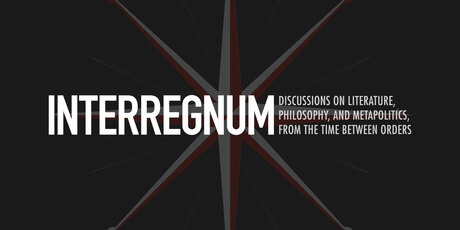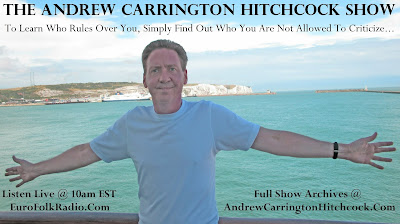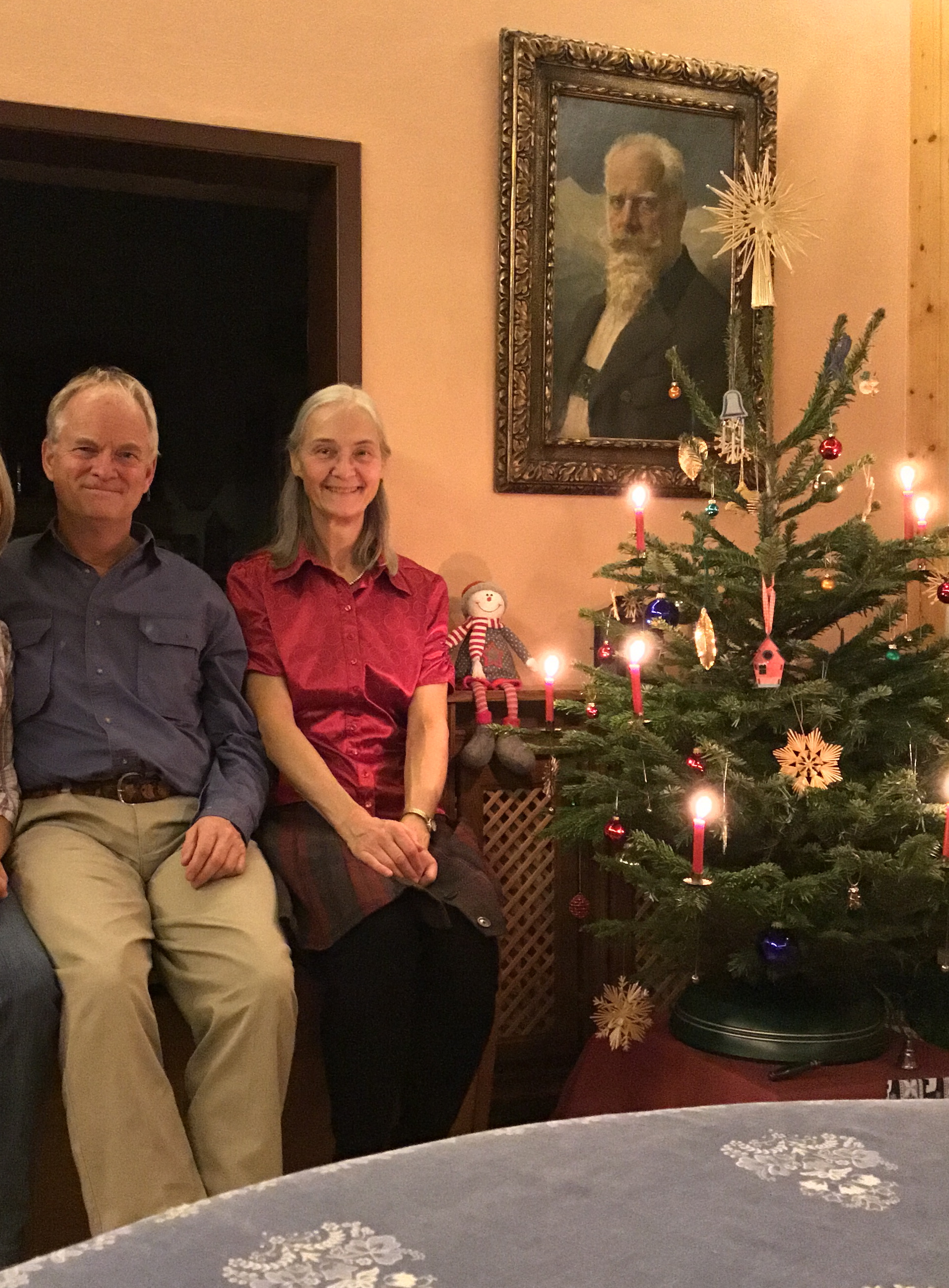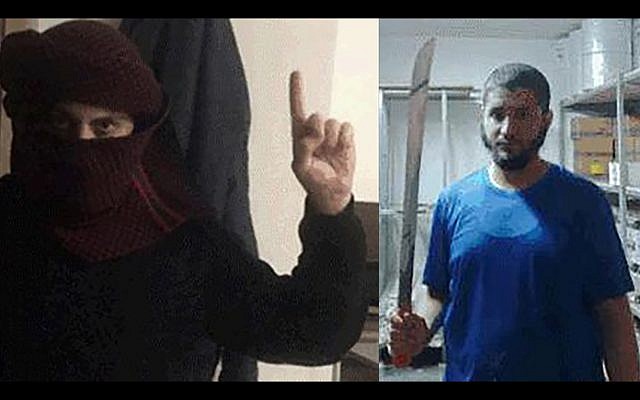Less than four months after my nephew and nieces in Poway, California miraculously survived a shooting at their synagogue, I again felt that awful sensation in my stomach. It was 9 p.m., after the Jewish Sabbath ended that my wife turned on her phone and called out to me, “There was an active shooter at a Walmart…”
There is no way to process such insanity. Visiting with families and friends of the victims in the hospital and hearing their stories allowed me to appreciate the magnitude of the tragedy. It’s personal and local and I pray that the wounded be healed quickly, and the grieving be granted solace in this painful time of sorrow.
The first thing we ask is how we can help, which El Paso is doing spectacularly. The next thing we wonder—often in rage—is how we can stop this from ever happening again. While the killer is not a local and his hatred was not bred in our midst, we can serve as an example to the world of how to respond to darkness effectively.
I do not purport to have a magic wand that can wipe away all hatred from humanity, but I feel compelled to share an idea that can attempt to deal with this plague in a holistic fashion.
People are more influenced by the things they do than by the knowledge they are taught.
This concept was articulated by the Lubavitcher Rebbe, Rabbi Menachem Mendel Schneerson, who identified simple yet profound actions that can be adopted by everyone and turned them into innovative campaigns. In 1974, he introduced the “charity” campaign, not a fundraiser for a specific cause or a call to philanthropists to write out big checks, but rather a grassroots campaign to train us all to become “givers.”













